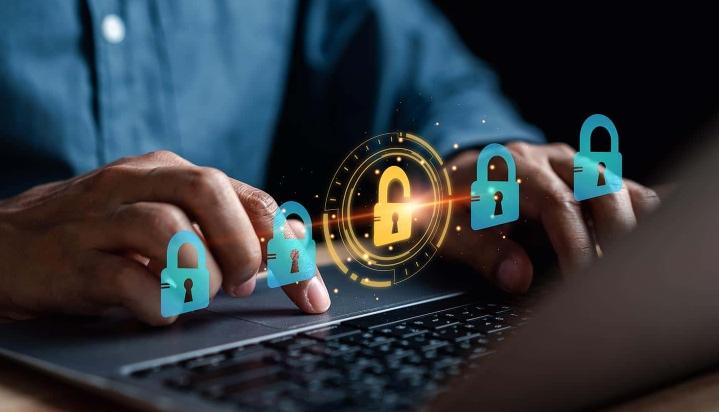In the wake of the European Policy Commission’s unsettling report titled “A Quantum Cybersecurity Agenda for Europe” published in July, it’s evident that Europe is confronting a substantial quantum threat. Quantum threats, often compared to nuclear arms races and climate change, are existential challenges poised to revolutionize the international and geopolitical terrain.
The formidable nature of quantum computers lies in their cryptographic superiority and capability to decipher current encryption algorithms safeguarding everything from critical national infrastructure to online banking.
The Present Quantum Threat
“Q-Day,” the anticipated period when quantum computers will begin unraveling existing encryption, is predicted to occur in years, not decades. Yet, the threat isn’t futuristic—it’s immediate. The “Harvest Now, Decrypt Later” strategy highlights the scenario where information is collected today to be decrypted once quantum computers are operational. Billions have been poured into quantum computing globally, with China leading the investments, having committed $15.3 billion to quantum technologies.
U.S. Takes Significant Strides
The U.S., historically trailing Europe in the quantum domain, recently enacted significant quantum legislations. The 2022 Quantum Computing Cybersecurity Preparedness Act, established under the Biden administration, has unveiled a comprehensive roadmap for all government entities to bolster the security of sensitive data.
“This roadmap addresses the Harvest Now, Decrypt Later threat head on and looks to a future where post-quantum cryptography is embedded everywhere,” offering a blueprint for navigating the imminent quantum challenges.
Europe’s Divergent Path
In contrast, Europe’s response is wavering. Although the continent is home to prolific quantum science innovations and a plethora of university graduates specializing in this field, the implementation of a unified and substantive security response lingers. The European Quantum Communication Infrastructure (EuroQCI) initiative, launched in 2019 with the backing of all 27 member states, aims to establish a secure communication network across Europe by 2027.
However, the EuroQCI’s reliance on Quantum Key Distribution (QKD) – a system utilizing quantum properties to notify network owners of interception attempts – is limited. The mechanism, though innovative, is constrained to specific military applications and demands the construction of dedicated links with pre-trusted nodes for each connection. The imperative is to upgrade the existing internet and telecom infrastructure to quantum-safe standards, a strategy underscored by the U.S. and its National Security Agency.
Asymmetrical Security Developments
Europe faces an internal challenge of asymmetrical security advancements. Nations are developing quantum security projects at different paces, leading to a fragmented security landscape. Germany and France have notably invested over $5 billion in quantum computing, outpacing the combined investments of other European nations. In this context, a cyberattack on any member state could potentially compromise the entire bloc’s cybersecurity. As the old adage goes, a chain is only as strong as its weakest link.
Europe’s adaptability to emerging threats and the integration of new security measures are paramount. Interoperability is equally crucial, ensuring secure and accessible communication between states. In the light of the U.S.’s advancements following the passage of The Quantum Computing Cybersecurity Preparedness Act, Europe may glean insights and strategies to bolster its quantum cybersecurity framework.
The Road Ahead
Europe, renowned as a global frontrunner in privacy and cybersecurity legislations, possesses the potential to lead the quantum migration. Yet, this leadership demands enhanced consensus, strategic focus, and probably, overarching legislation prioritizing the quantum-safe transition.
“Europe has a chance to be a leader in the next phase of cyber security but it will require greater consensus, sharper focus and most probably, top-down legislation that makes the quantum-safe migration a priority,” underscores the exigency of proactive measures.
If the current pace persists, Europe may find itself initiating the quantum-safe processes afresh in the imminent future, entailing escalated costs and complexities.



